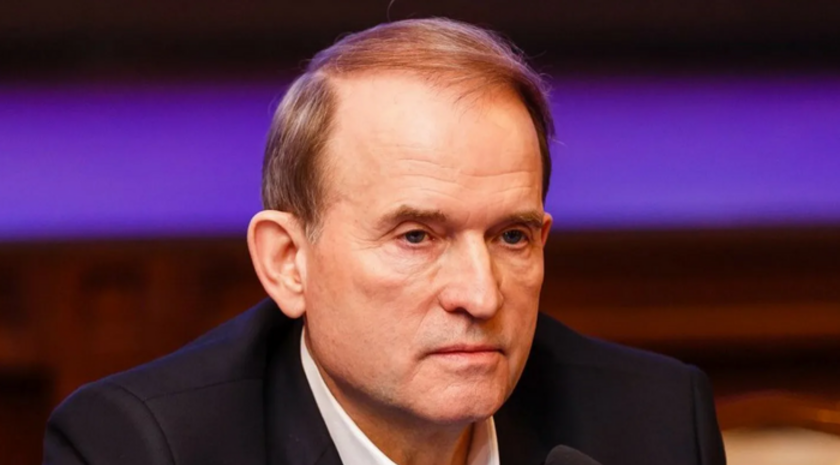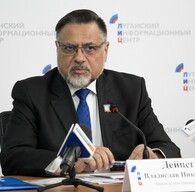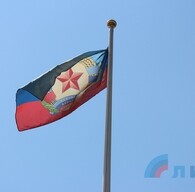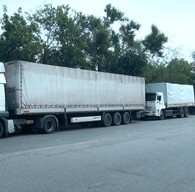The Lugansk People’s Republic has offered to engage head of the Political Council of the Ukrainian party “Opposition Platform - For Life” Viktor Medvedchuk in the the humanitarian subgroup talks instead of Kiev representative Galina Tretyakova due to the latter’s destructive position.
“Due to the negotiating position taken by Mrs Tretyakova and analysis of her work in Ukraine’s Verkhovnaya Rada (parliament) we would be inclined to offer Ukraine to replace the negotiator Mrs Tretyakova with Mr Medvedchuk,” Lugansk People’s Republic representative in the humanitarian subgroup, head of the LPR working group on prisoner exchange Olga Kobtseva said at a press briefing at the Lugansk Media Centre. “His work as a negotiator shows that Mr Medvedchuk is a committed person; the topics that were discussed at Contact Group sessions were later put into practice.”
In June 2019, the Donbass Republics, as an act of goodwill, passed to Medvedchuk four Ukrainian citizens held in the Republics in connection with the Donbass conflict.
The Ukrainian government launched the so-called anti-terrorist operation against Donbass in April 2014. Conflict settlement relies on the Package of Measures for the Implementation of the Minsk Agreements, signed on February 12, 2015 in the Belarussian capital by the Contact Group members and coordinated by the Normandy Four heads of states (Russia, Germany, France and Ukraine). The UN Security Council approved the document by Resolution No 2202 of February 17, 2015 and called upon the parties to ensure its implementation.
The document provides for comprehensive ceasefire, withdrawal of all heavy weapons from the contact line, starting a dialog on reconstruction of social and economic ties between Kiev and Donbass. It also envisages carrying out constitutional reform in Ukraine providing for decentralization and adopting permanent legislation on a special status of certain areas of the Donetsk and Lugansk regions.
To facilitate the work of the Contact Group, four working groups were set up under its aegis to deal with issues of security, politics, return of internally displaced people and refuges, as well as with social, humanitarian, economic and rehabilitation issues. *i*s



